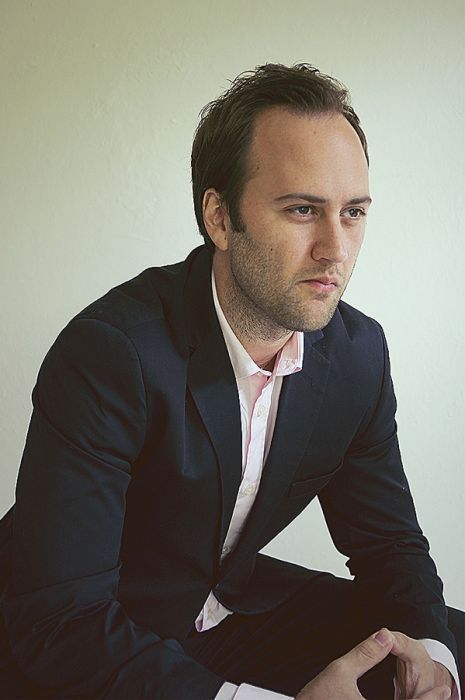Philosophy Walk

By Chris Serra
The idiot who walks gets farther than the philosopher who sits still.
This pearl was bestowed upon me last summer by my host in Brussels at a meeting of the European Commission on sustainability. Although meant as a comment on the EU’s environmental policies, it struck a chord and raised a question: What happens when the philosopher walks?
At the confluence of academic research, real-world working conditions, economic drivers and social responsibility lies the heart of the sustainability movement. Integrated Production, or IP (also known as Integrated Pest Management, or IPM), is a pragmatic system of producing an agricultural good by using a combination of the most selective and least toxic options available, with preference being given to biological and mechanical over chemical controls.
This methodology was developed in Europe in the 1950s in response to the array of harmful and resistance-prone pesticides being used in orchards after WWII. The foundational premise of IP is to protect and manage the plant in such a way that reduces the need for any non-essential, off-farm chemical inputs and mitigates any harmful externalities as a result of their minimal use by trained farmers (watershed impacts, poor air quality, chemical residue in or on the final product, etc.). IP is a cornerstone of agricultural sustainability, but certainly not where it ends.
Winegrowers have additional needs and responsibilities. They must protect their workers by enforcing safety protocols and employing fair labor practices. They must provide for themselves and their families by bringing the crop, and subsequently the wine, to market at a reasonable price. They must be good neighbors by not spraying on a windy day or firing bird cannons in the middle of the night. They must not make short-term decisions that will compromise the long-term health and stability of the ecosystem. The pastoral image of the farmer betrays the gravity with which the Northwest winegrower takes these issues.
Each vine, row, block and farm has a precise combination of needs that must be addressed to reach its ideal state. There is a concert of variables to manage: nutrition, water, vigor management, not to mention weathering uncontrollable climactic cycles and fending off the marauding masses of fungi and insects. The fact that these plants are anchored to, and surrounded by, a complex of life makes the job of the grower immensely difficult and important.
Using the scientific method, year after year, the sustainability-minded grower works to uncover this latent set of ideals under which the farm will thrive, while at the same time meeting societal responsibilities as the producer of a consumer product. IP provides the grower with regionally codified tools to conduct this quest.
The often over- and misused word ‘sustainability’ gives pause to some potential practitioners. Some see it as a wishy-washy or meaningless concept due to its non-universal standards. At first glance, a valid critique, but I would say that this perceived flaw is actually its greatest strength, creating regional solutions to a universal problem.
The flexibility built into the concept requires work, however, to be certain that these local solutions are not self-serving and that each aims at the shared goal of a non-destructive growth of the soil. This is accomplished by committee collaboration between top researchers and growers, with oversight by standards-setting bodies.
As sustainability goes, most grapes raised for wine begin life at somewhat of a disadvantage. These are plants native to the Middle East, given European names, usually grafted onto American rootstock and grown in tidy rows where they would not have been found otherwise. This, of course, is not an uncommon story in agriculture and not inherently a bad thing. However, their pedigree does make them susceptible to diseases and pests they would never have encountered prior to their migration. To bring the fruit of these vines to harvest sustainably demands a methodical, precise and careful approach to their management, which is exactly what IP provides.
The success of programs such as LIVE (Low Input Viticulture and Enology) is seen in the adoption of their standards by growers, which is itself, dependent on the soundness, practicality and positive results of those standards. Over the last six years, I have seen more than a thousand harvests under LIVE standards. Many have ended up in some of the highest quality wines in the world while simultaneously offsetting the negative impacts of monoculture. This is wonderfully encouraging.
Al MacDonald, one of LIVE’s founders, once told me that what Integrated Production offers growers is a menu rather than a prescription. At the risk of mixing Al’s metaphor, there are certainly many paths that arrive at a sustainable end. With persistence, imagination and collaboration, Northwest winegrowers have shown they are excited to blaze them.
Sustainable winegrowing in the Northwest is indeed what happens when the philosopher walks.
Chris Serra is the current executive director of LIVE, a 501(c)3 organization dedicated to the certification of sustainable winegrowing in the Northwest.










